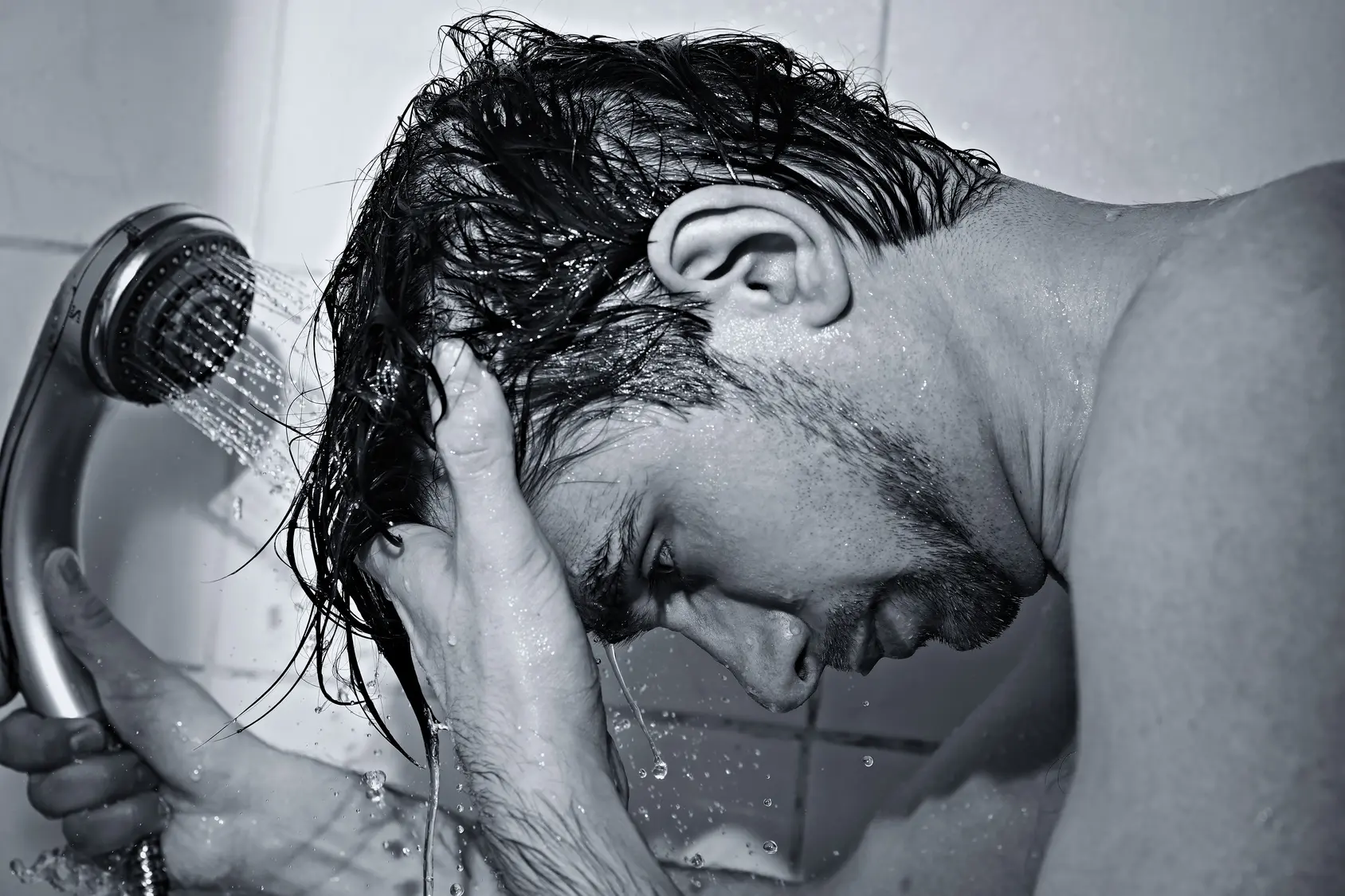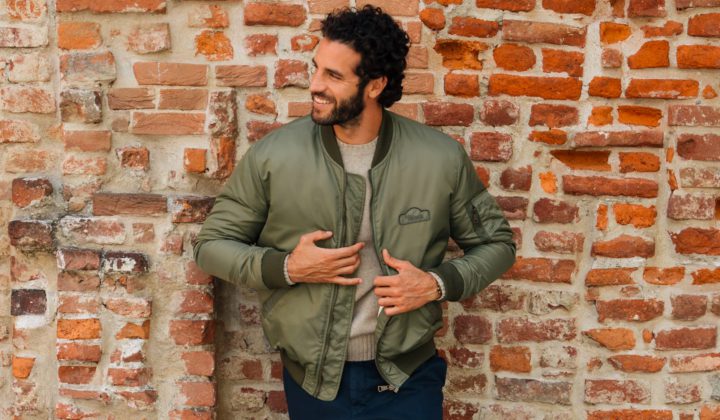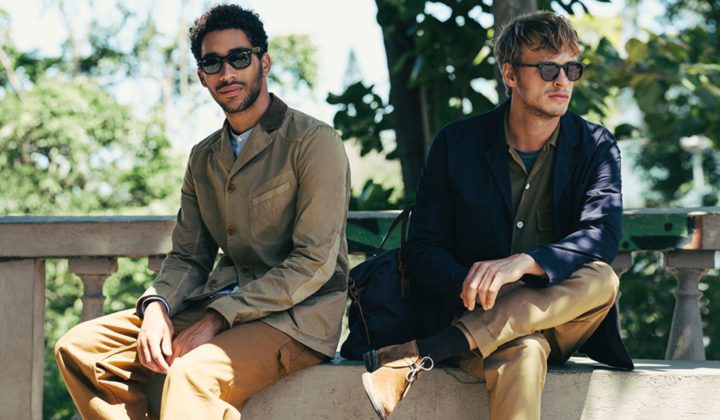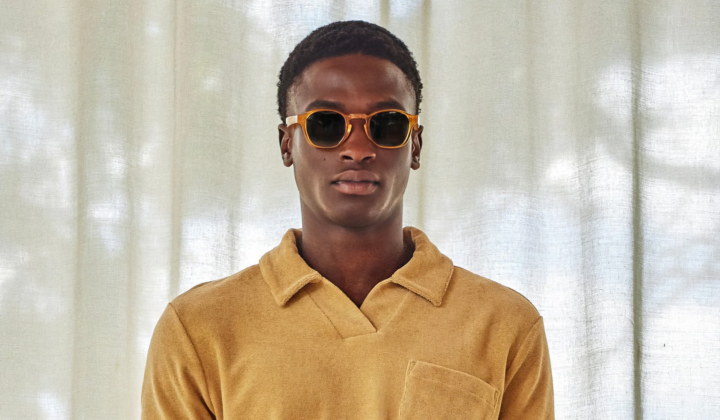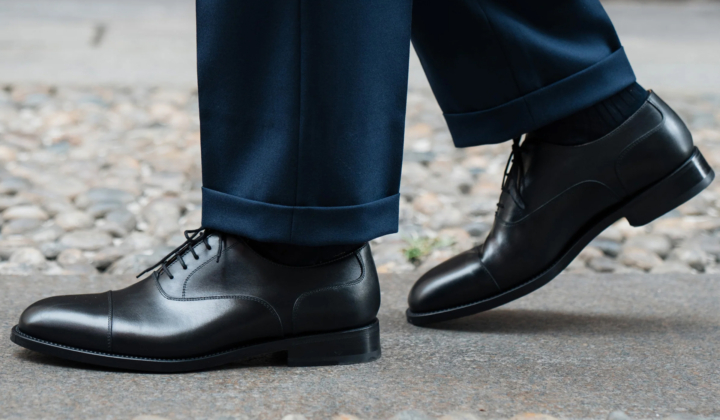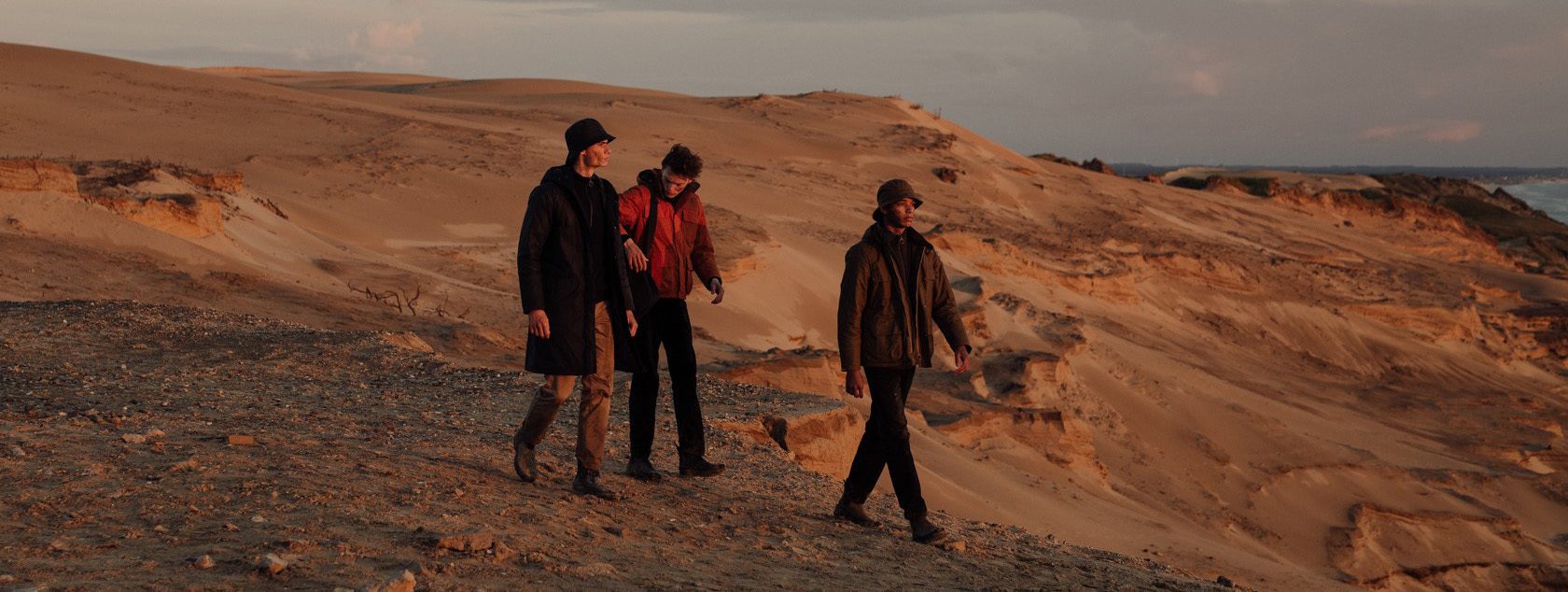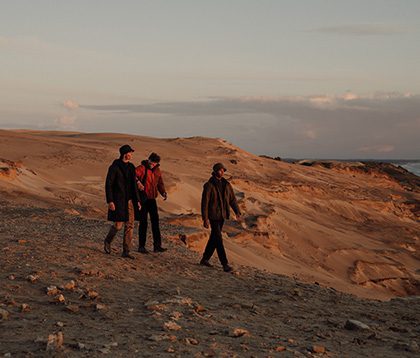10 Healthy Hair Tips From Hair Care Experts
While it may not seem it, your hair will tell people all sorts about you. Keeping it healthy can allow you to physically look better whilst also giving you a boost in confidence and self esteem.
So how can you achieve healthy looking hair? We asked two hair care experts – Nadeem from the Harley Street Hair Clinic and our resident hair loss expert, Spex Hair – for their top tips, and this is what they recommended.
Don’t Over Style
“Wearing tight styles like braids, ponytails and top knots can lead to your hair falling out,” says Nadeem. “Especially when wet, human hair is around three times weaker so refrain from over-brushing, which can cause snapping. It also helps to let hair dry naturally before styling.”
Eat More Fish
“A lack of protein in your diet can lead to your body rationing what you do have, by shutting down hair growth,” says Nadeem. “There are lots of sources of protein, from fish to eggs, cheese, yoghurts and meat. If you’re vegan or vegetarian, beans, peas, lentils, soya products and nuts are good options.”
Don’t Over Apply Heat on Hair
“Avoid using heat on your hair. Heat further strips the moisture content from your hair, making it dry and frizzy,” says Spencer.
“When overused, it can also burn your hair and dry it out. Use straighteners only if necessary and remember to apply a hair protectant prior.”
Get Washing
“Some people worry that frequent shampooing causes hair to fall out but this is not true,” says Nadeem. “In fact, leaving hair to get dirty or greasy actually encourages it to become heavier and lie flatter to the head, making the scalp more visible.
“You should shampoo hair daily with warm water (hot water can dehydrate the scalp and hair) and follow up with a conditioner.”
Try a New Hair Style

“Unstructured cuts can create the illusion of thicker hair,” advises Nadeem. “Shorter crops are also flattering for thinning hair as it is harder to spot any sparse gaps.”
Repair Sun Damage
“The sun can damage our hair just like it can damage our skin so ensure you eat foods rich in vitamin E to provide natural protection for your hair,” says Spencer.
“Nuts are nutritional powerhouses, providing zinc and selenium as well as vitamin E so try to include them as part of a balanced diet.”
Eat Biotin Rich Foods
“Biotin is a water-soluble B vitamin,” says Spencer. “Too little biotin can cause brittle hair and may lead to hair loss. Try to eat more biotin-rich foods such as whole grains, liver, egg yolk, soy flour and yeast.”
Take Iron Supplements
“If you think you may be anaemic it could lead to hair loss, so taking iron supplements may help to correct the problem and improve hair health,” says Nadeem.
“However, you should consult your GP before starting any long term supplements. In addition to hair loss, other symptoms of anaemia include fatigue, headache, dizziness, pale skin, and cold hands and feet.”
Get Plenty of Vitamin C
“Vitamin C aids the absorption of iron so foods high in vitamin C are good to eat in along with your iron supplements,” says Nadeem. “Vitamin C is also an antioxidant so is used readily by the body.”
“The best sources are blackcurrants, blueberries, broccoli, guava, kiwi fruits, oranges, papaya, strawberries and sweet potatoes. Vitamin C helps in the production of collagen that strengthens the capillaries that supply the hair shafts.”
And Vitamin A
“Vitamin A is needed by the body to make sebum. Sebum is an oily substance created by our hair’s sebaceous glands and provides a natural conditioner for a healthy scalp,” says Spencer. “Without sebum we may experience an itchy scalp and dry hair. Include animal products and orange/yellow coloured vegetables which are high in beta-carotene (which makes vitamin A) such as carrots, pumpkins and sweet potatoes.”
